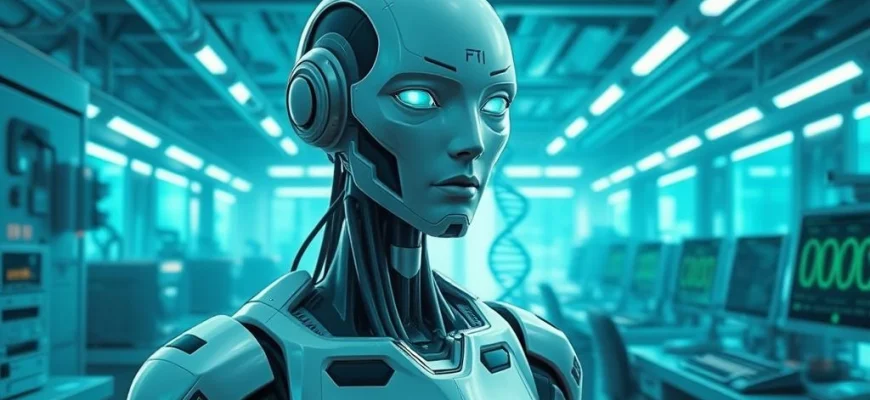If you enjoyed the thought-provoking sci-fi thriller 'Replicas' (2018), you're likely craving more films that explore the ethical dilemmas of human cloning, artificial intelligence, and the boundaries of science. This article highlights 10 gripping movies and shows with similar themes of identity, loss, and the consequences of playing god. Whether you're fascinated by the moral complexities or the futuristic tech, these picks will keep you on the edge of your seat.
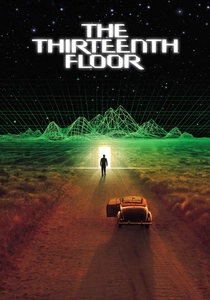
The Thirteenth Floor (1999)
Description: A neo-noir sci-fi that questions reality and identity through simulated worlds and the people who inhabit them.
Fact: The film is an adaptation of the 1964 novel 'Simulacron-3,' predating many similar virtual reality narratives.
 Watch Now
Watch Now 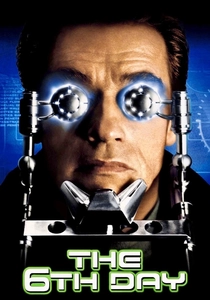
The 6th Day (2000)
Description: Explores themes of human cloning and identity, questioning the ethics and consequences of replicating human life.
Fact: The film's title refers to the biblical sixth day of creation, symbolizing the creation of humans. It was one of the first mainstream films to tackle cloning in an action-thriller format.
 Watch Now
Watch Now 
The Island (2005)
Description: Centers around clones created for organ harvesting, highlighting themes of exploitation and the fight for autonomy.
Fact: The film's futuristic setting was heavily influenced by dystopian sci-fi classics, blending action with deep ethical questions.
 Watch Now
Watch Now 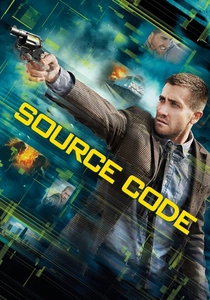
Source Code (2011)
Description: Revolves around a soldier reliving the same moments to prevent a disaster, touching on themes of memory and alternate realities.
Fact: The film's concept was inspired by quantum physics theories about parallel universes and time loops.
 Watch Now
Watch Now 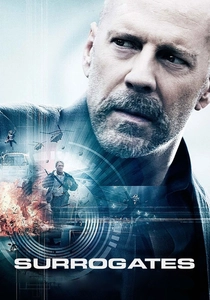
Surrogates (2009)
Description: Depicts a world where people live through robotic avatars, exploring the detachment from real human experience.
Fact: Based on a graphic novel, the film's premise reflects growing concerns about technology's role in human interaction.
 Watch Now
Watch Now 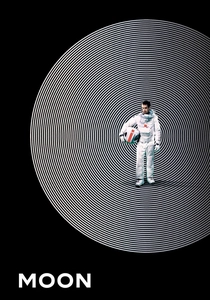
Moon (2009)
Description: A psychological sci-fi that examines isolation and the discovery of cloned versions of oneself, questioning the nature of existence.
Fact: Made on a modest budget, the film's minimalist approach and practical effects earned it critical acclaim.
 Watch Now
Watch Now 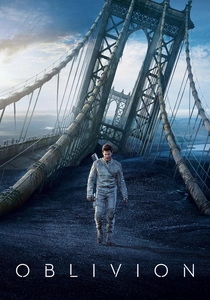
Oblivion (2013)
Description: Features a protagonist uncovering the truth about his identity and purpose, set against a post-apocalyptic backdrop.
Fact: The film's visual style was inspired by 1970s sci-fi art, creating a unique retro-futuristic aesthetic.
 Watch Now
Watch Now 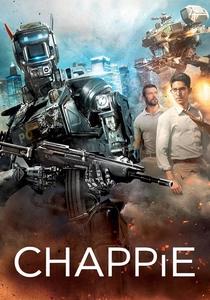
Chappie (2015)
Description: Follows the life of a sentient robot, examining themes of artificial intelligence, consciousness, and what it means to be alive.
Fact: The robot Chappie was portrayed using a combination of practical effects and CGI, giving it a lifelike presence.
 Watch Now
Watch Now 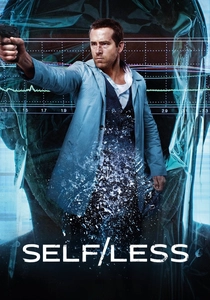
Self/less (2015)
Description: Delves into the concept of transferring consciousness into a new body, raising moral dilemmas about identity and the value of life.
Fact: The movie's premise was inspired by real-life scientific research into mind uploading and life extension technologies.
 Watch Now
Watch Now 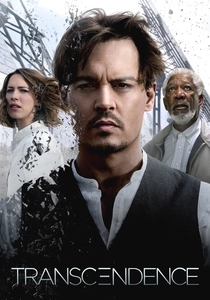
Transcendence (2014)
Description: Explores the merging of human consciousness with artificial intelligence, blurring the lines between humanity and technology.
Fact: The film's plot touches on the technological singularity, a concept popular in futurist circles.
 Watch Now
Watch Now 
